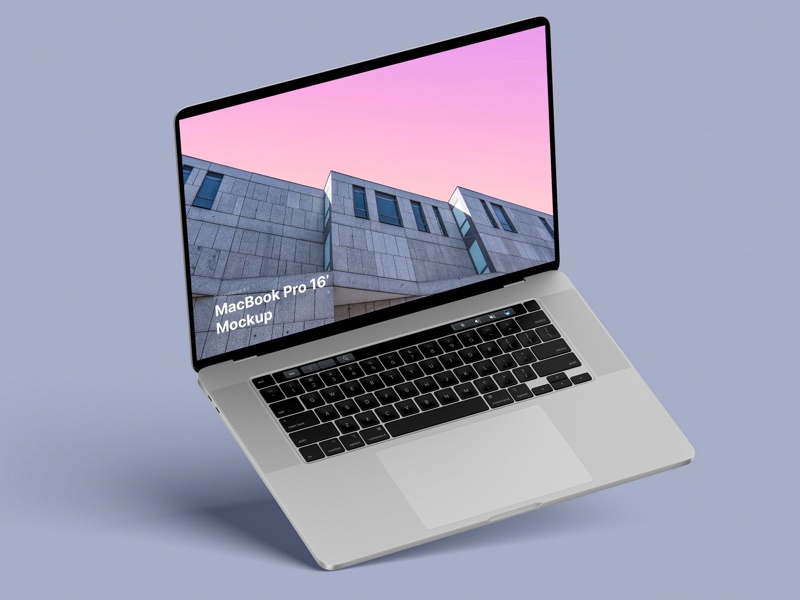On Sun, 27 Jul 2003 15:01:28 +0200, "pioe(rmv)" <"pioe(rmv)"@coldsiberia.org> wrote:
While I agree with your description of the situation, I still maintain that it is likely to change. The big company business model for software requires an ever-increasing need for revenue. Since a small proportion of their staff are actually programmers, and large numbers of employees are involved in administration, marketing and now Digital Rights Management and other control schemes, it becomes more and more obvious that this is irrational and does not contribute to the improvement of the products.
I would agree with your premise in terms of efficiency. But you are making an assumption – that is, that continual product improvement is necessary. Not so. Product improvement is only necessary to the extent that the product satisfies the users needs. As we have a situation where most office software is far more powerful already than the average users needs, marketing of small "features" can easily give the impression of improvement without too much effort. The driving force then becomes marketing, and I’m sure you can see that this is already what has happened. There is no irrationality in using small numbers of expensive programmers and large numbers of inexpensive marketeers to produce a product which makes a large profit without large overheads in terms of specialist employees. And if you think that’s cynical, you’d be correct 😉
Their stranglehold on their customers can only be maintained as long as they have a near-monopoly on the desktop and that monopoly is not challenged.
I disagree. Why do you think MS Office has a large part, a de facto near monopoly, of the desktop? The problem MS detractors have is they fail to see the cause. The simple reason is that MS Office is far and away the best of breed. The same applies to Photoshop, and Adobe know it. Which is why they feel they can get away with what MS have done. people won’t change from the best product to a lesser one without massive incentive, and Activation isn’t it.
Herein lies the potential for change. The very discussion we have here contributes to a heightened awareness about these issues. As an example, just take your above mentioning how the software companies cleverly use activation only for the "little man/woman" and refrain from forcing it on their business customers. Many are unaware of such details.
I am perfectly aware of the situation, but have no intention of changing software. Why? Because I buy business software and never see activation. by far the majority of Office packages, and buyers of Photoshop, are business users, and they’re not affected. Furthermore, as far as Office goes, your premise still doesn’t apply. Why? Because the users that aren’t business users tend to be casual users, with no knowledge of computers who want a piece f software they know how to use, and that they use at work. In most cases this will be Office. And those people, even if they are reading this discussion, couldn’t give a damn about activation. All they know is the software came with the computer and they just have to click a button and their details go whizzing down their shiny new ADSL connection and their software works.
When people become more aware, and when increasing numbers of users understand the ramifications of software programs that are permanently dependent on the software company which distributed it, things are going to become different. Yes, I believe that it will be so. If we all discuss these things with people it will set things in motion. Slowly at first, but the reaction will come. Remember that an intert object, once set in motion, moves with great force and changes whatever is in its path.
I wish your premise that human nature is questioning and open to reasoned argument etc was true. What you are proposing however, is an idealised view of the world where people actually care whether X company does Y and so forth. They don’t. Dissing MS or Adobe is always going to be a minority sport, and users of "Office Alternatives" are always going to be geeky Linux user or Style over Substance Mac users. Not that there’s anything wrong with geeks or style, but you only have to look at the sales figures to see what a minority they are. MS or Adobe can ignore the minority, keep their market share and be laughing all the way to the bank.
Human inertia when faced by gross abuse of power and position is the result of a lack of awareness and knowledge. That can be remedied.
I disagree completely. Whilst knowledge may be power for those willing to use it, most people don’t even want the knowledge, let alone being prepared to use it. In an ideal world it may be different, but there are so many examples to show that in the main, people just look the other way. And if you want a supreme example of that, just look at Germany 1933-1945.
—
Hecate
(Fried computers a specialty)

